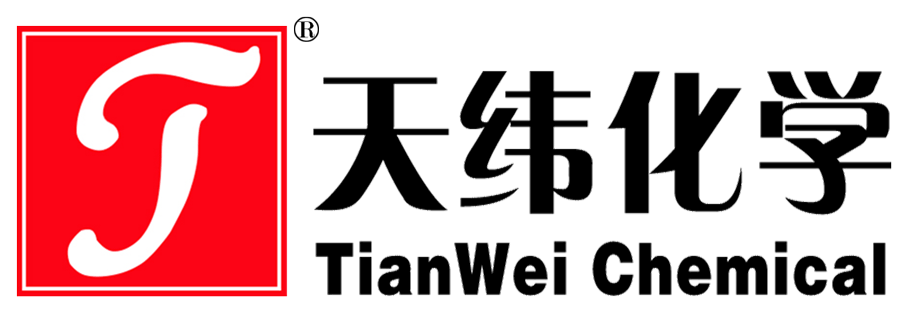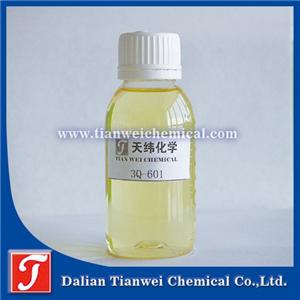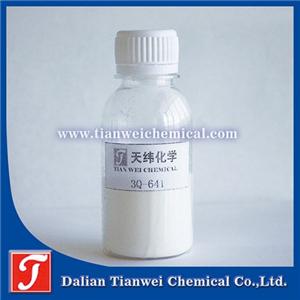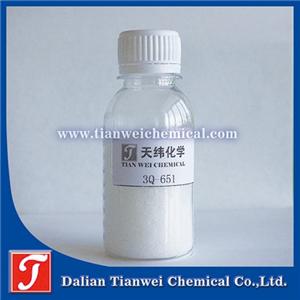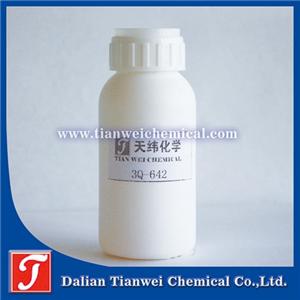Analyze the correct use of antifungal agents
How should mold inhibitors be used? The correct use method of the antifungal agent, the addition method or the transfer method, is to directly add a certain proportion of the antifungal agent to the material or product. It can be added at the same time as the raw materials, or at a certain link in the middle, or even in the finished product. Powders can be added, or medicaments pre-dissolved in water or other organic solvents can be added.
How should mold inhibitors be used? Proper use of antifungal agents
(1) Addition method
Or called the transfer method, which is to add a certain proportion of mildew inhibitor directly to the material or product. It can be added at the same time as the raw materials, or at a certain link in the middle, or even in the finished product. Powders can be added, or medicaments pre-dissolved in water or other organic solvents can be added. Usually this method is used: food, beverages, condiments, cosmetics, adhesives, oil coatings, metal rolling fluids, cutting oils, etc.
(2) Impregnation method
The material or product is soaked in a certain concentration of agent for a certain period of time, and then taken out to dry or dry, so that the surface and interior of the material or product are adsorbed to the antifungal agent. Depending on the treatment object, it is necessary to master the time and temperature of the immersion. Usually this method is used: tapes, cloth, carpets, packaging materials, bamboo and wood products, straw fabrics, etc.
(3) Coating method
Apply a certain concentration of antifungal agent on the surface of the material or product with a brushing tool (writing brush, row pen, brush, etc., and the coating part is not only the outer surface, but also preferably the inner surface. Usually this method is used. There are: textiles, leather products, bamboo scraping products, electrical products, cloth shoes and so on.
(4) Spray method
Spray a certain concentration of antifungal agent on the wheat surface of the material or product with a sprayer, preferably also involving the inner surface. The spray must be uniform and the mist should not be too large. This method is usually used: leather and its products, cloth shoes and cloth rubber shoes, textiles, bamboo and wood products, electrical products and various parts.
(5) Fumigation method
Place the powder or tablet of the volatile agent in the space of the product or container, let it volatilize, and gradually emit a sterilizing gas, which is spread in the closed space to prevent mildew. This method is usually used: telescopes, microscopes and other optical instruments and Chinese herbal medicines.
How to use the same method is mainly based on the performance and processing of the item and the occasion of use. It can be flexibly held, not uniform.
